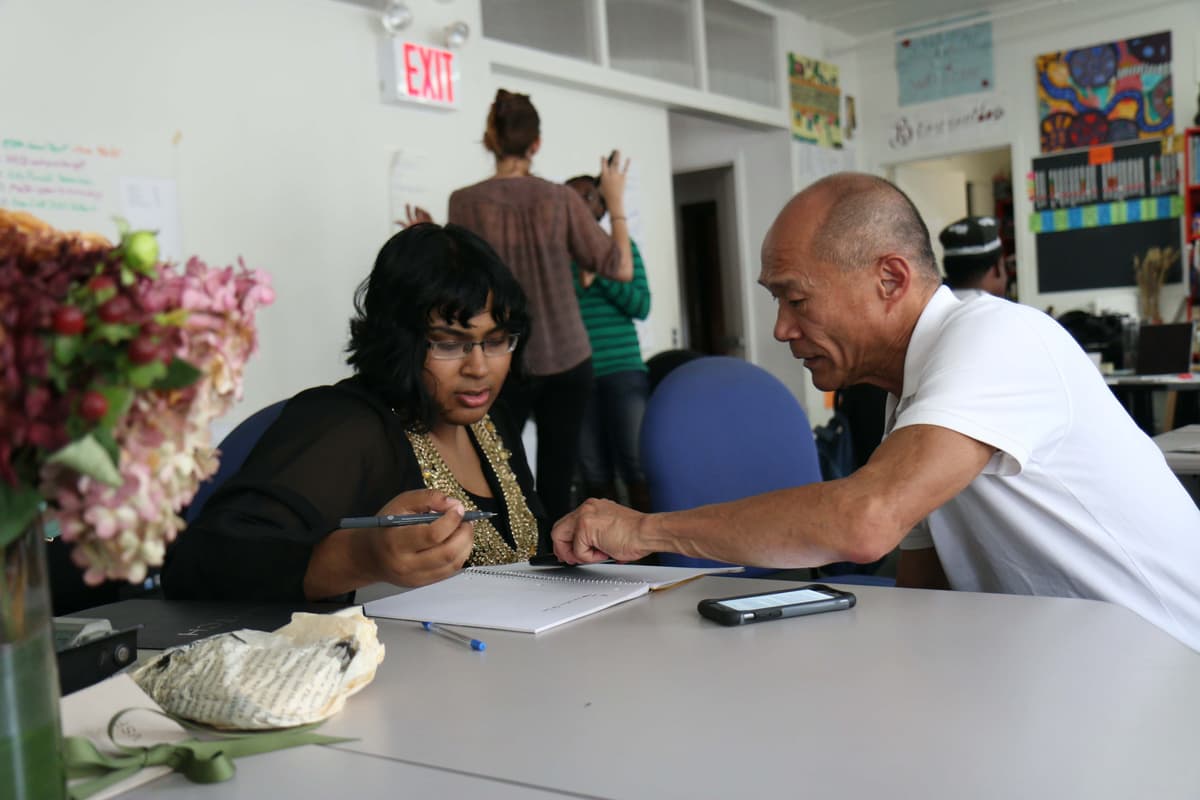
Looking back at my freshman year of college, I can’t help but reflect on the incredible journey it was. It was a year filled with excitement, challenges, and a lot of personal growth. As I needed to navigate the unfamiliar college life on my own, I often found myself wishing for a guidebook or some insights to help me along the way. That’s why I’ve put together this list of 10 valuable lessons I learned during my freshman year – the very tips I wish I had known when I first set foot on campus. Whether you’re about to embark on your college adventure or are already in the midst of it, these lessons will offer you valuable guidance and support. So, let’s dive in and uncover the wisdom.
I always believed I was an organized person, but I soon realized that it was because I had others around me who helped keep me on track. As college brings more freedom and less structure, it becomes my responsibility to manage my own schedules and stay on top of assignments. Since each subject demands more self-driven effort and independent learning. effective time management is essential. I turned to various apps such as Google Calendar, Notion, and Reminders to manage numerous events and tasks. They allowed me to feel less overwhelmed and more in control of my commitments.

Many freshmen fail the class because they don’t allocate time between hanging out with their friends and preparing for exams or assignments. People often say that freshman year is the only time you can relax and socialize, but it’s also important to recognize the potential consequences, such as a significant drop in GPA. I witnessed upperclassmen friends enduring challenging semesters to recover from poor grades obtained during their freshman year. In the college environment, where the weight of responsibility lies solely on your shoulders, it is essential to prioritize effectively and strike a healthy balance between social life and academics.
I realized there were numerous free resources in college after a semester had passed. These resources include tutoring services, study groups, and writing assistance, all of which can provide valuable support for assignments and exams. Also, there are career organizations and health centers, technology resources, psychological services, financial aid, campus events, and so on. The best part is that most of these resources are free! I discovered many of them through email notifications, so I highly recommend keeping a close eye on your inbox, as the school frequently sends out information about helpful events and organizations.
Office hours are a great resource for students to seek help and connect with professors. You can ask about assignments, clarify lecture concepts, explore research opportunities, or even have personal discussions. Initially, I was hesitant to go to office hours because I didn’t have specific questions and felt a bit nervous about it. Despite my concerns, the professors were all welcoming and happy to provide advice and tips to help me out. By engaging in conversations and showing my interest in the course during office hours, I was able to establish a connection with them. This can be particularly beneficial in classes where the professor’s opinion matters, like writing or seminar courses.

Before college, I was surrounded by supporting people who I could ask for help, family, teachers, and friends. However, stepping into college, I soon realized that I’m the only one who needs to manage everything. Unlike before, there was nobody waking me up or pushing me to attend class. I could skip classes, indulge in unhealthy habits, or spend the day in bed. However, it’s crucial to recognize the consequences of these choices as the responsibility lies squarely on my shoulders. As there is more freedom in college life, it is important to be mindful about making choices as the decisions now lay the foundation for the future.
For me, a cozy bed just inches away from my desk. At first, I made the mistake of doing homework while nestled in the comfort of my bed, or while watching TV. At first, it seemed like a great idea, doing assignments and readings while basking in the comfort of my surroundings. However, reality quickly set in. Not only it hindered my productivity, but it also affected the quality of my work. Also, the lack of proper workspace and posture led to discomfort and even physical strain. I learned the importance of creating a designated study area to separate rest from academic pursuits, enhancing productivity, and maintaining a clear mindset
Establishing relationships with upperclassmen can give useful information that you could never get from your fellow freshman. From the best local restaurants to recommendations on easy A classes and good study spots, I personally got many tips from them that enhance my college experience. Moreover, they have firsthand experience with internships and interviews, making their guidance essential for gathering information and beginning to cultivate a professional network. These connections can open doors and present opportunities for future endeavors.

When I first started college with no friends, I thought I could find people to have lunch with once classes began. However, I quickly realized how challenging it was to approach and make friends in class, especially in large lectures with 200 students who often seemed tired and focused on taking notes. Fortunately, I discovered that joining a club was the easiest way to meet new people. Clubs bring individuals together who share similar interests and passions, providing a comfortable and welcoming space to connect with others. If you’re looking to make friends and find your place on campus, I highly recommend exploring the wide range of clubs available and taking that leap to become part of a community.
Although in high school you used to wake up at 7:00 am and go to school at 8:00 am every morning, college is a whole different ball game. Even though I used to consider myself a morning person, waking up early became a real struggle in college. No matter how much sleep I got, I had to drag myself out of bed and run for those, which resulted in sitting in the lecture room trying to stay awake with heavy eyelids and a foggy mind. Instead of scheduling classes in the morning, consider opting for afternoon sessions. This simple adjustment can make all the difference, giving yourself a slower start to the day and engaging in activities that are more enjoyable and productive.
When transitioning to college, it’s important to strike a balance between maintaining connections with your high school friends and embracing new relationships. College brings about changes in your surroundings, schedules, and even physical distance, making it challenging to stay in touch with old friends. Though it is not easy to communicate with them as frequently or spend as much time together, occasional catch-up calls, meetups, or messages can help keep the friendship alive.

As I conclude my reflection on my freshman year journey, I hope that the 10 lessons I’ve shared with you can be a good source of guidance and inspiration. As college is an incredible adventure filled with ups and downs, you’ll be better prepared to navigate the challenges and make the most of your experience. I wish you all the best as you embark on your own path, and may these lessons empower you to thrive in college and beyond. Remember, you’ve got this!

The first week of college is exciting, an adventure filled with new friends, new experiences, and new possibilities. To make the most of this special time, here are my top 10 tips to survive your first week of college with confidence and enthusiasm.

The complete guide to LGBTQ+ colleges. We share helpful tips for LGBTQ+ students that are looking ahead to their college journey, including how to identify LGBTQ-friendly colleges, a list of 20 colleges to get you started, and helpful resources for students and parents.

Whether you are teaching in a traditional classroom setting or utilizing an online learning environment, here are a few presentation tips to keep your students engaged throughout the year.